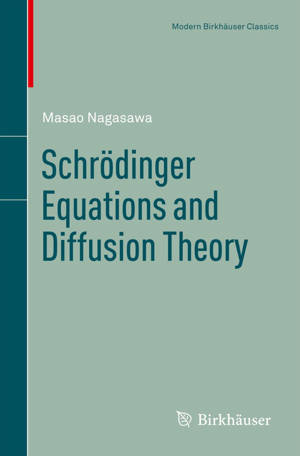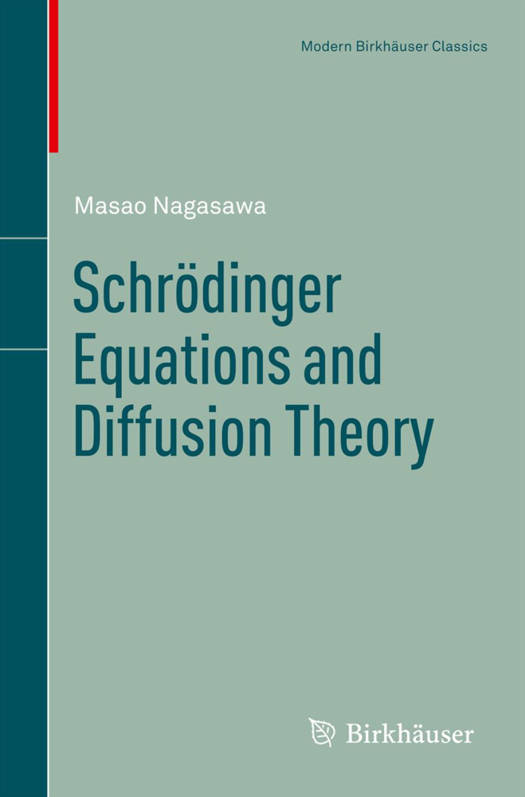
- Afhalen na 1 uur in een winkel met voorraad
- Gratis thuislevering in België vanaf € 30
- Ruim aanbod met 7 miljoen producten
- Afhalen na 1 uur in een winkel met voorraad
- Gratis thuislevering in België vanaf € 30
- Ruim aanbod met 7 miljoen producten
Omschrijving
Schrödinger Equations and Diffusion Theory addresses the question "What is the Schrödinger equation?" in terms of diffusion processes, and shows that the Schrödinger equation and diffusion equations in duality are equivalent. In turn, Schrödinger's conjecture of 1931 is solved. The theory of diffusion processes for the Schrödinger equation tells us that we must go further into the theory of systems of (infinitely) many interacting quantum (diffusion) particles.
The method of relative entropy and the theory of transformations enable us to construct severely singular diffusion processes which appear to be equivalent to Schrödinger equations.
The theory of large deviations and the propagation of chaos of interacting diffusion particles reveal the statistical mechanical nature of the Schrödinger equation, namely, quantum mechanics.
The text is practically self-contained and requires only an elementary knowledge of probability theory at the graduate level.
---
This book is a self-contained, very well-organized monograph recommended to researchers and graduate students in the field of probability theory, functional analysis and quantum dynamics. (...) what is written in this book may be regarded as an introduction to the theory of diffusion processes and applications written with the physicists in mind. Interesting topics present themselves as the chapters proceed. (...) this book is an excellent addition to the literature of mathematical sciences with a flavour different from an ordinary textbook in probability theory because of the author's great contributions in this direction. Readers will certainly enjoy the topics and appreciate the profound mathematical properties of diffusion processes.
(Mathematical Reviews)
Specificaties
Betrokkenen
- Auteur(s):
- Uitgeverij:
Inhoud
- Aantal bladzijden:
- 319
- Taal:
- Engels
- Reeks:
Eigenschappen
- Productcode (EAN):
- 9783034805599
- Verschijningsdatum:
- 14/12/2012
- Uitvoering:
- Paperback
- Formaat:
- Trade paperback (VS)
- Afmetingen:
- 156 mm x 234 mm
- Gewicht:
- 467 g

Alleen bij Standaard Boekhandel
Beoordelingen
We publiceren alleen reviews die voldoen aan de voorwaarden voor reviews. Bekijk onze voorwaarden voor reviews.









